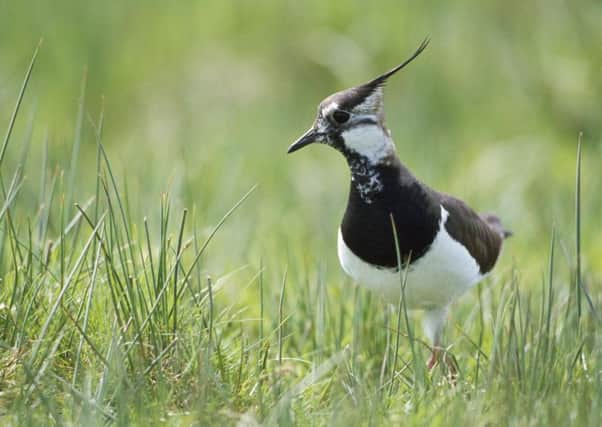Judge is urged to put birdsbefore air travel in appeal


The call came this week at London’s High Court at the opening of a two-pronged attack on plans to expand Lydd’s London Ashford Airport, and more than double its capacity to 500,000 passengers a year.
The Royal Society for the Protection of Birds and local campaigners the Lydd Action Group are each asking Mr Justice Duncan Ouseley to quash a Government decision approving a runway extension and terminal development at the airport.
Advertisement
Hide AdAdvertisement
Hide AdThe local action group has already raised the spectre of a nuclear disaster if the plan goes ahead, claiming that increase volume of large aircraft in the vicinity of Dungeness nuclear power station would increase the danger of a major incident occurring.
The RSPB’s counsel Tim Mould QC told the judge that the development would threaten the surrounding area – including a Special Protection Area, designated under European law - which he said was of “exceptional importance for birds”.
He said: “This is a claim which seeks to challenge and quash the validity of the decision to grant planning permission for two schemes which essentially seek to facilitate the expansion of commercial airport operations at London Ashford Airport.”
“The RSPB says that the expansion will increase passenger numbers from 200,000 per year to 500,000, see an increase in commercial passenger aircraft and have an inevitable impact on the bird control measures that are required to reduce the risk of bird strikes for commercial planes.
Advertisement
Hide AdAdvertisement
Hide AdIn written submissions before the court, Mr Mould said that current operations at the airport are “very low key” and dominated by light aircraft. He said that as a result, the bird control required was limited in duration and extent.
He said that at present very substantial and important bird populations live alongside the airport, including rare species such as Bewick’s swan, shoveller, golden plover, bittern, mute swan and other water-birds including white-fronted goose, lapwings and various types of duck.
The RSPB claims that the Secretary of State and his inspector erred in law in deciding that the proposed development would not be likely to have significant effects on local protected sites. It says they failed to carry out the required “appropriate assessment” of whether the plan would affect the integrity of protected sites, including Dungeness to Pett Level.